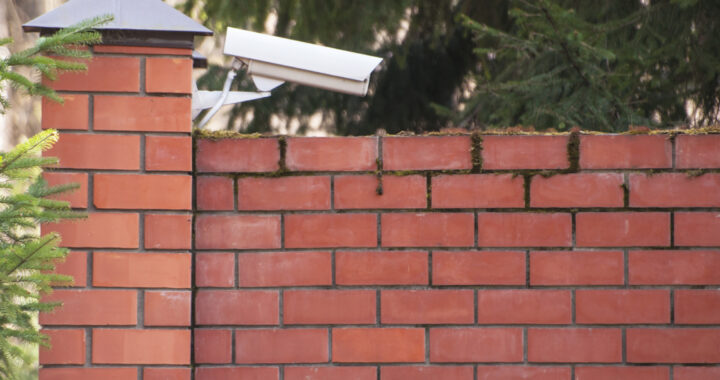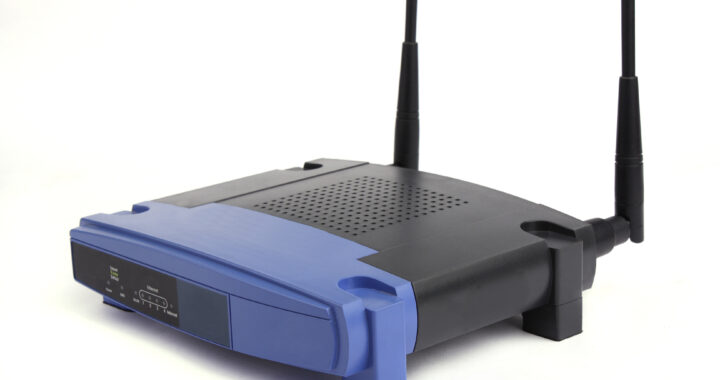With Halloween here and mischief on the mind, it’s an excellent time to talk about a subject we haven’t brought up in a while, surveillance systems.
These days, you can get a camera system from Sam’s Club, but that doesn’t mean it will give you the desired result. Sometimes with cheap cameras, all you can see of an incident, especially at night, is that a bipedal, seemingly humanoid creature was in the vicinity. Happy Halloween, right?
Table of Contents
Surveillance Pros
When working with cameras, you must talk to a security professional. It’s actually illegal for anyone without a license from the DCJS to sell, install, or work on cameras in Virginia, but do your research anyway because not everyone follows the rules. If they did, you wouldn’t need cameras!
Now, another sidenote is worth mentioning. Careful when you are looking for surveillance that you are talking to someone who offers cameras. After all, surveillance can also mean people physically surveilling.
Types of Cameras
There are many cameras on the market. Be careful not to get the cheapest. Cameras tend to be divided into two basic categories digital and IP. At this point, much like telephone systems, IP cameras are becoming the dominant force.
You can find various types of camera bodies within each category, including dome, bullet, and hidden cameras. If your cameras will be outdoors, it’s essential that they’re rated, to be or that you purchase an outdoor casing.
Lighting
If you will be filming at night, lighting is essential. Depending on how well the area is lit, you may not need special features to discern shapes. Be sure to ask plenty of questions to the surveillance provider.
Storage
When putting together a surveillance system, one of the most important questions is how many storage hours you want to keep. Everything filmed is saved on a DVR (or NVR for IP cameras). Like all forms of digital storage, it’s gotten less expensive over the years, but it’s always cheaper to buy what you need upfront rather than add more later.
How Do You Determine How Much Storage You Need?
To calculate the needed storage the two most important questions to ask are how many hours of recordings you expect daily and what is the purpose of your surveillance system.
Hours of Recordings
Depending on how many hours a day your business operates and what type of business you have, the hours of recording can be pretty straightforward. For example, if you operate 24 hours a day, you will need 24 hours of storage a day.
If you operate 8 hours a day, you will likely set your cameras to record motion, so you will get 8 hours of regular recording a day plus recordings for any time something unusual happens.
Obviously, a 24-hour business will need more storage.
Purpose of Recording
If the primary purpose of recording is to catch theft, you need to ask, “how long until we detect a theft?” When you know that, you will know how many days you need to keep your recordings.
So if, for example, you are in operation 10 hours a day and detect a theft within a week, you would need 70 hours of storage. Most surveillance system DVRs have a minimum of 30 days of storage.
If the purpose of your surveillance system is to monitor employees or have records of injuries, you probably will only need to store recordings for a short time.
Growth?
Another factor to consider when purchasing a surveillance system is where you believe your business will be in a few years. If you are confident you won’t grow, you don’t have to worry about adding cameras. But if you think growth is possible, it’s better to spend a little more for 24 camera capacity system rather than 16 camera system, even if you only need 15 cameras today.
Setting Up Your Surveillance System
While you should have a surveillance professional installing your system, it may help to think ahead about where you might like your cameras installed. But, again, the purpose of your system strongly comes into play.
At a minimum, you will want every door covered. If you are primarily surveilling for when you are closed in the evening to prevent theft, you should monitor doors and windows.
If you are also concerned about what happens in your lot, you should also have cameras around the perimeter. Of course, depending on the size of your property, this could be as few as four.
Of course, the more of your building you want to be covered, the more cameras you will need. But if you get a system you can expand upon; you can always start with the minimum and add more later.
If you’re in the market for a camera system, the surveillance professionals you interview should cover the subject in this blog at a minimum. Be careful about who you work with, and always check their credentials.


